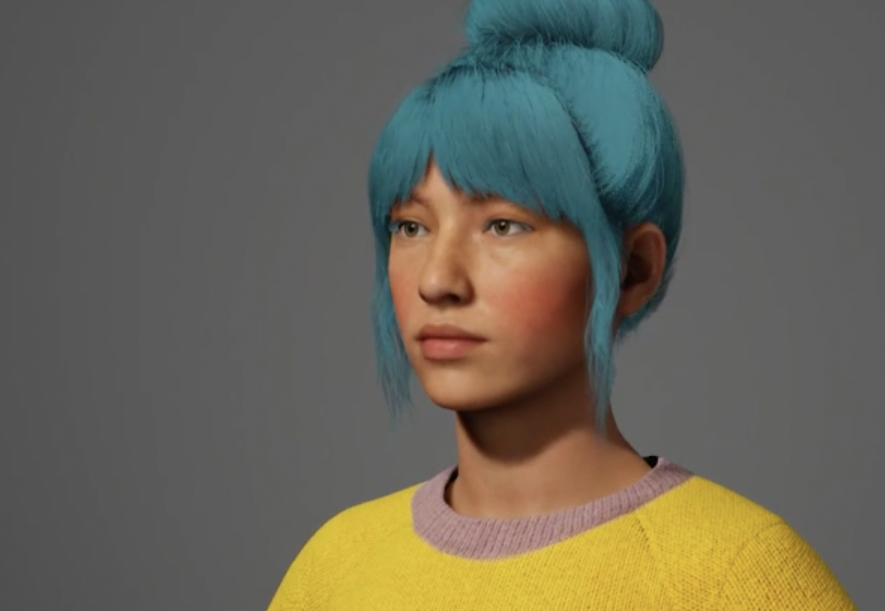
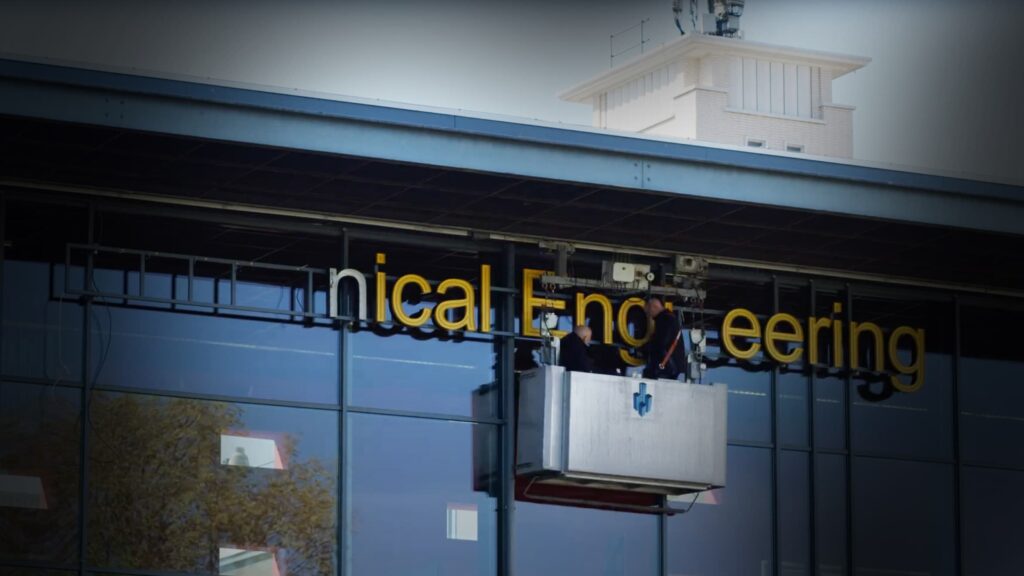
As of January 1, 2024, the Faculty of Mechanical, Maritime and Materials Engineering (3mE) has changed its name to Mechanical Engineering. The NewMedia Centre was asked to produce a short video to promote this change at the front of the faculty building.
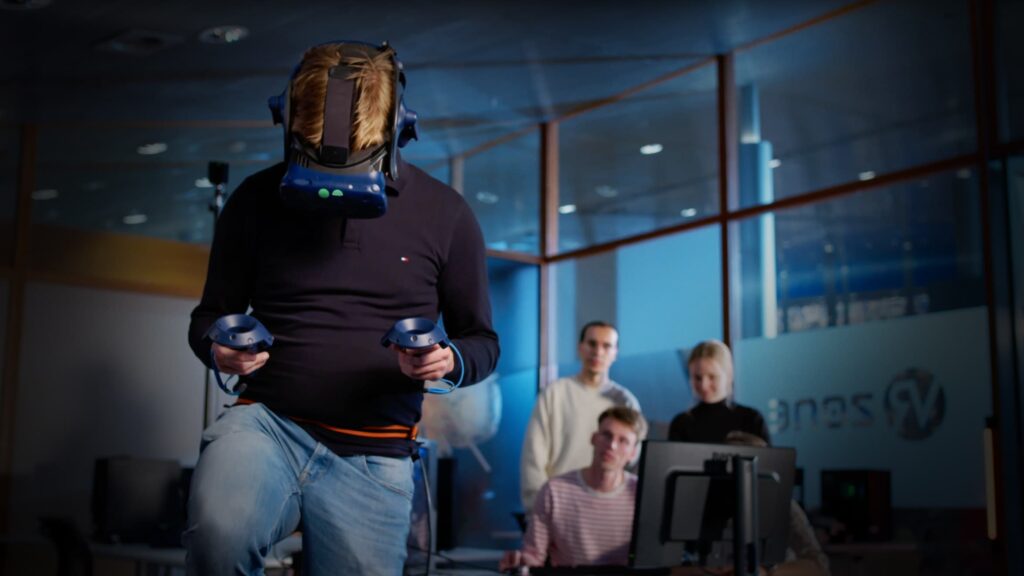
Students from Industrial Design Engineering reached out for support in the XR Zone where they created a VR application for their Bachelor End Project (BEP).
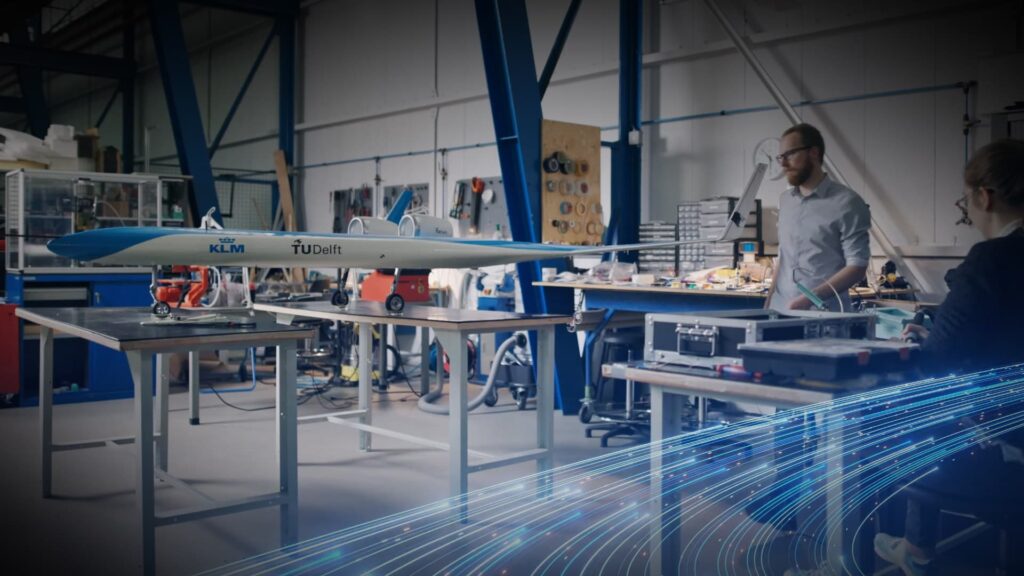
What is needed to achieve sustainable aviation? How can we accelerate that innovation? And what can we do for the existing fleet of aircraft? In this Pioneering Tech video, Rinze Benedictus and Marios Kotsonis provide answers.

Do you know how to transform your research idea into a funded project? To demystify the process, the NMC Graphics team at TU Delft designed a clear, step-by-step infographic outlining every phase of grant applications—from finding funding and consulting support to drafting, submitting, and following up. Developed in collaboration with stakeholders, and available in print and web formats, this guide uses color, icons, and layout to guide researchers through institutional workflows and reduce administrative uncertainty.
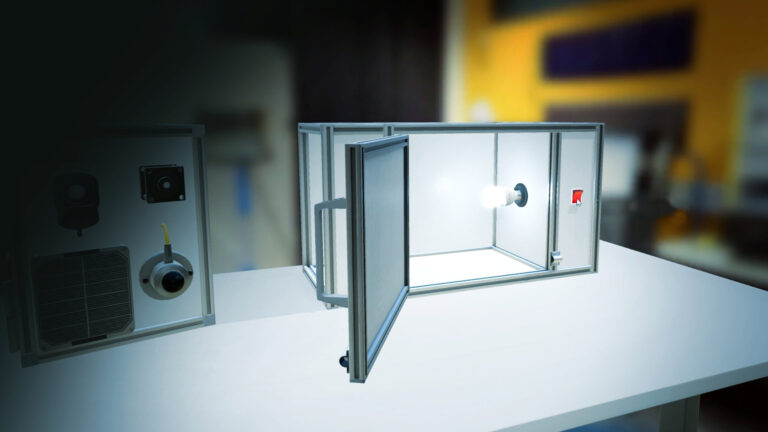
The availability of the physical University Labs may be limited due to its capacity or other factors, like the mandatory requirement to work from home
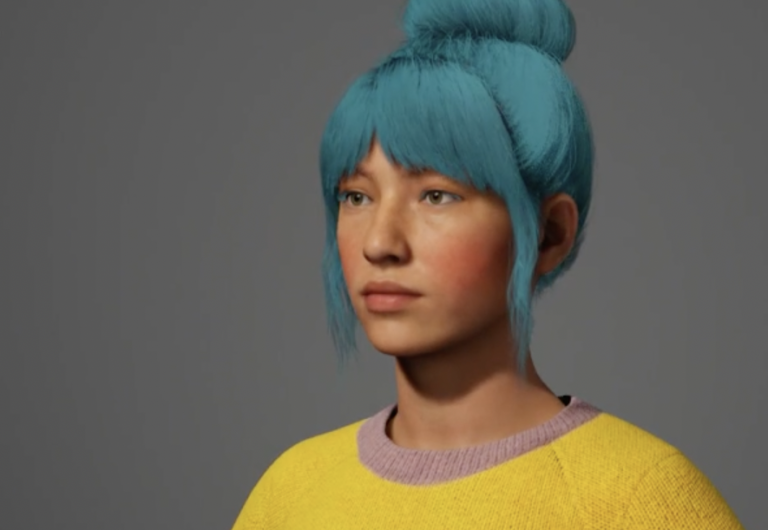
Sarah – AI driven MetaHuman
Introducing Sarah, the remarkable AI-driven MetaHuman born from the innovative fusion of diverse projects and cutting-edge AI experimentation.